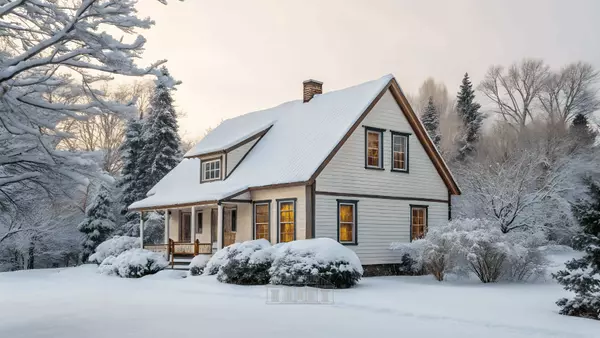
Predictions for 2026: Where's the Market Going?
The real estate landscape is evolving. After a period of transition, some popular forcasters predict that 2026 will usher in a "healthier, more balanced state" for the housing market. For my clients in the Indianapolis metro area, this means a move away from the "tough go" of recent years toward a c

12 Questions to Ask Your Agent
Asking the right questions of real estate agents is a crucial step for any seller. If they don't already have a qualified* agent, sellers should aim to interview at least three candidates to compare expertise, personalities, approaches. And no, their Aunt Sally who just got their real estate license

2026 Home Trends: Bold, Personal, and Lasting
If your scrolling finger’s worn out from endless white kitchens and beige walls, you’re not alone. 2026 is shaping up to be the year people ditch “safe and simple” for color, character, and comfort that feels personal again. But this shift isn’t just about looks — it’s about living smarter. Buyers a
Categories
Recent Posts










Start a conversation here.

